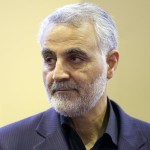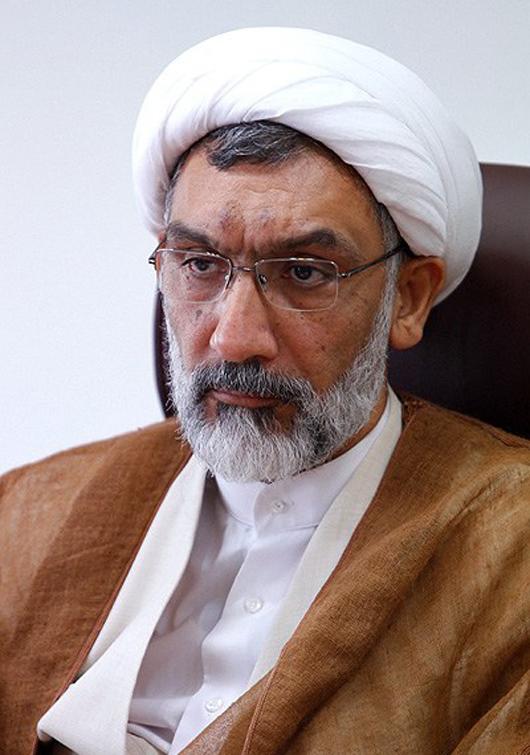July 11, 2014

Washington Post columnist David Ignatius says Iranian General Qasem Soleimani has plotted out a “lose-lose” policy for the Islamic Republic in Iraq.
Soleimani, the commander of the Pasdaran’s Qods Force, has long been acknowledged to control Iranian policy inside Iraq and Syria. And his record of the last decade appears to have been quite successful.
But Ignatius says Soleimani may now have met his master—not the United States, but the Islamic State.
Ignatius says Soleimani has “blundered disastrously.”
In a column last Thursday, Ignatius wrote: “By overreaching in Iraq and Syria and triggering a violent reaction, Iran now faces dangerous instability on its border for years to come.”
 Ignatius notes that most commentary appearing in the American media focuses on US policies and blunders. “But perhaps we can put aside our national myopia and look at what recent events mean for Iran, which shares a 900-mile border with Iraq and desperately wants political hegemony there. It’s not a happy picture.”
Ignatius notes that most commentary appearing in the American media focuses on US policies and blunders. “But perhaps we can put aside our national myopia and look at what recent events mean for Iran, which shares a 900-mile border with Iraq and desperately wants political hegemony there. It’s not a happy picture.”
The columnist quotes Derek Harvey, a longtime Iraq intelligence analyst who now teaches at the University of South Florida. “Soleimani’s orchestration of brutal military campaigns in both Syria and Iraq set the stage for the Sunni Arab response turning to extremism,” says Harvey. “He missed opportunities for moderation while still protecting Iranian interests. His partnership with extremism in Syria resulted in the threat growing in Syria and rebounding to Iraq. His refusal to counsel some moderation and inclusion by [Iraqi Prime Minister Nuri al-]Maliki developed a fertile environment for [the Islamic State] and others to exploit.”
Ignatius adds: “The Iranians, watching the collapse of the US-trained Iraqi army, have turned to Shiite militias that are trained and run by Soleimani’s operatives. But this reliance on sectarian militias only deepens the potential for violence; indeed, it’s probably the polarizing response the Islamic State hoped to trigger.”
And Ignatius says Soleimani’s polices have “hastened Kurdish independence…. A Kurdish state could rouse nationalist feelings among Iranian Kurds, who make up at least 10 percent of Iran’s population, creating domestic instability.”
The columnist argues that Soleimani’s “best chance to keep Kurdistan part of Iraq is by reducing his Shiite allies’ control in a future Iraqi federal state. Similarly, the best way to suppress the Islamic State — short of a potentially ruinous, all-out attack by Iranian-backed troops — is by empowering Sunni tribal fighters and their patrons in Saudi Arabia.
“For Soleimani, it’s a lose-lose situation,” Ignatius concludes.
He says Soleimani once had good working policies to avoid tabbing Iran as a Shiite empire on the march. But that has now collapsed. “Gone, too, is Soleimani’s hope that Iran can avoid being seen as a Shiite, Persian power in a predominately Sunni, Arab world. Soleimani tried to convey that secular breadth by allying with Christians in Lebanon, Alawites in Syria and Sunnis in the Palestinian territories.
He quotes Karim Sadjadpour of the Carnegie Endowment for International Peace as saying: “What they’ve done in Syria and Iraq has exposed Iran as a sectarian powerÖ. Soleimani is a reflection of an Iranian political culture that believes compromise projects weakness and that tends to prioritize tactics over strategy.”
Ignatius concludes, “It must be said that Iran is playing a somewhat weaker hand than it might have hoped a few months ago.”



















